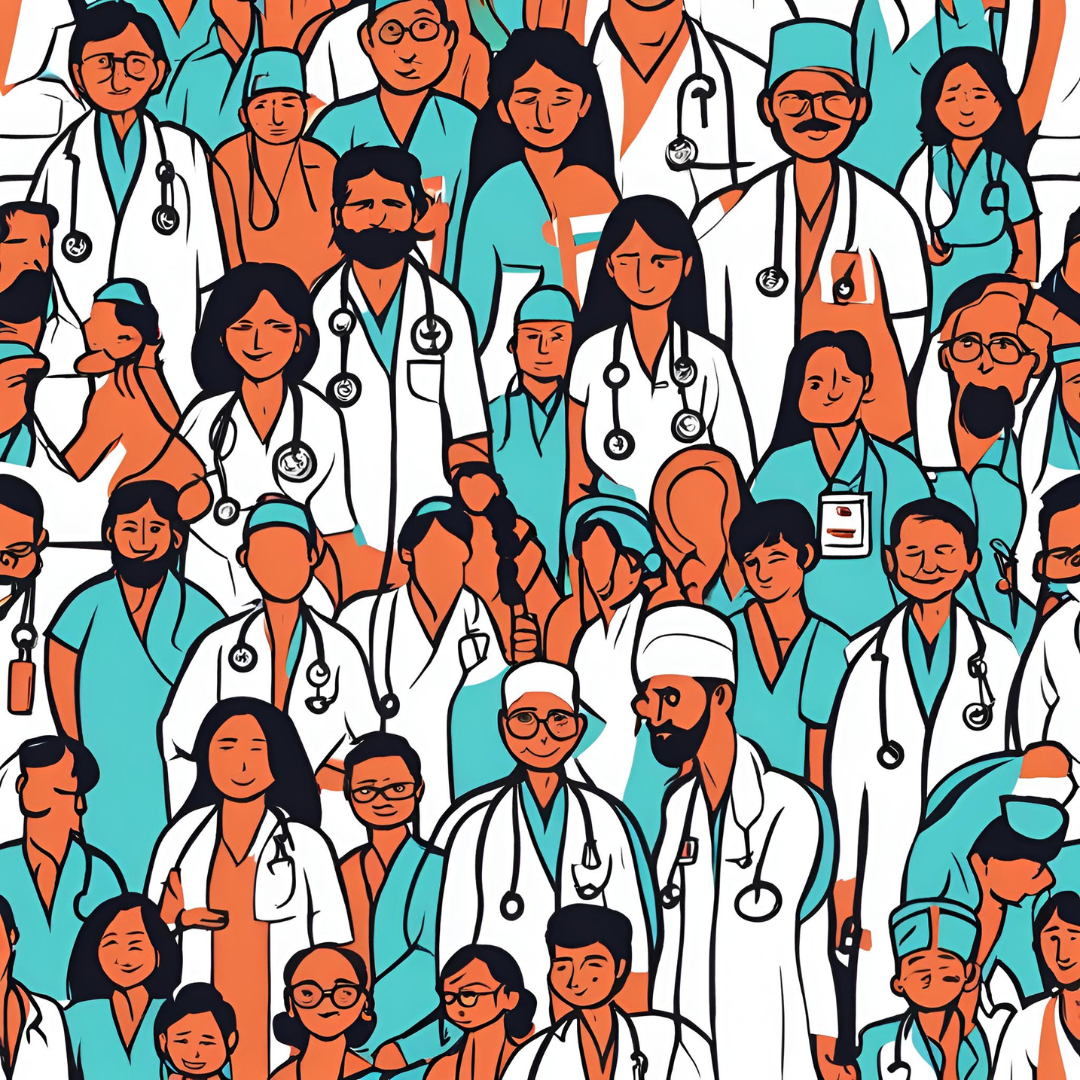The healthcare industry is increasingly turning to artificial intelligence (AI) to enhance operations, improve patient care, and streamline administrative tasks. Hospitals, in particular, can leverage AI to transform various aspects of their operations, leading to better outcomes and more efficient processes. Here are five key things hospitals can do with AI to make a significant impact in their services and operations.
1. Enhancing Diagnostic Accuracy
AI has the potential to revolutionize diagnostic practices in hospitals by providing more accurate and timely results. AI-powered tools can analyze medical images, laboratory results, and patient data with a level of precision that often surpasses human capabilities.
- Medical Imaging Analysis: AI algorithms can analyze X-rays, MRIs, and CT scans to detect abnormalities such as tumors, fractures, or other conditions. These tools can help radiologists identify issues more accurately and quickly, leading to faster diagnosis and treatment.
- Predictive Analytics: AI can analyze patient data to predict the likelihood of developing certain conditions. By identifying risk factors and patterns, AI tools can assist healthcare professionals in making early interventions and preventive care decisions.
- Decision Support Systems: AI-powered decision support systems can provide healthcare professionals with evidence-based recommendations and alerts based on patient data and current medical guidelines. This support helps ensure that treatment decisions are well-informed and aligned with best practices.
2. Streamlining Administrative Processes
Administrative tasks in hospitals, such as scheduling, billing, and patient management, can be time-consuming and prone to errors. AI can automate and streamline these processes, improving efficiency and reducing administrative burden.
- Appointment Scheduling: AI call agents can manage appointment scheduling, including handling cancellations and rescheduling requests. By automating this process, hospitals can reduce no-show rates and ensure that patient schedules are optimized.
- Billing and Claims Processing: AI can automate the billing process, including generating invoices, processing claims, and verifying insurance information. This automation reduces errors, speeds up reimbursement, and improves the accuracy of financial transactions.
- Patient Registration: AI tools can streamline patient registration by automating data entry and verifying patient information. This process reduces wait times and ensures that patient records are accurate and up-to-date.
3. Improving Patient Engagement and Experience
Patient engagement and experience are crucial for successful healthcare outcomes. AI can enhance patient interactions by providing personalized support and information, leading to improved satisfaction and adherence to treatment plans.
- Virtual Health Assistants: AI-powered virtual assistants can provide patients with 24/7 support, answering questions about symptoms, medications, and treatment plans. These assistants offer personalized guidance and help patients manage their health more effectively.
- Personalized Communication: AI can analyze patient data to deliver personalized communication, such as tailored health reminders and educational content. This personalized approach helps keep patients informed and engaged in their care.
- Patient Feedback Analysis: AI tools can analyze patient feedback and reviews to identify areas for improvement in hospital services. By understanding patient experiences and preferences, hospitals can make data-driven enhancements to their care delivery.
4. Enhancing Operational Efficiency
AI can significantly enhance operational efficiency in hospitals by optimizing resource allocation, managing workflows, and predicting demand for services. This optimization leads to better utilization of resources and improved overall performance.
- Resource Management: AI can analyze patient flow and resource utilization to optimize staffing levels and equipment allocation. This ensures that resources are used effectively and that hospital operations run smoothly.
- Workflow Automation: AI tools can automate routine tasks such as inventory management, supply ordering, and equipment maintenance. By streamlining these workflows, hospitals can reduce administrative overhead and focus on providing quality patient care.
- Demand Forecasting: AI can predict patient demand for various services based on historical data and trends. This forecasting helps hospitals plan for peak times, manage capacity, and ensure that they are prepared to meet patient needs.
5. Supporting Advanced Research and Innovation
AI is driving advancements in medical research and innovation by providing powerful tools for data analysis and discovery. Hospitals can leverage AI to support research initiatives and contribute to the development of new treatments and technologies.
- Data Analysis and Insights: AI can analyze vast amounts of clinical and research data to identify patterns, correlations, and potential breakthroughs. This analysis accelerates the research process and enhances the understanding of complex medical conditions.
- Drug Discovery and Development: AI can assist in drug discovery by analyzing chemical compounds, predicting their efficacy, and identifying potential side effects. This support speeds up the development of new medications and therapies.
- Clinical Trials Optimization: AI can streamline the recruitment and management of clinical trials by identifying suitable candidates, monitoring trial progress, and analyzing results. This optimization improves the efficiency and effectiveness of clinical research.
Conclusion: Harnessing the Power of AI in Hospitals
AI offers numerous benefits for hospitals, from enhancing diagnostic accuracy and streamlining administrative processes to improving patient engagement and supporting advanced research. By leveraging AI technologies, hospitals can achieve greater operational efficiency, provide better patient care, and drive innovation in the healthcare field.
As the healthcare industry continues to evolve, AI will play an increasingly important role in shaping the future of hospital operations and patient care. For hospitals looking to harness the power of AI and stay at the forefront of medical advancements, investing in AI solutions is a strategic step. Contact our AI agency today to explore how AI can transform your hospital’s operations and deliver exceptional care.
